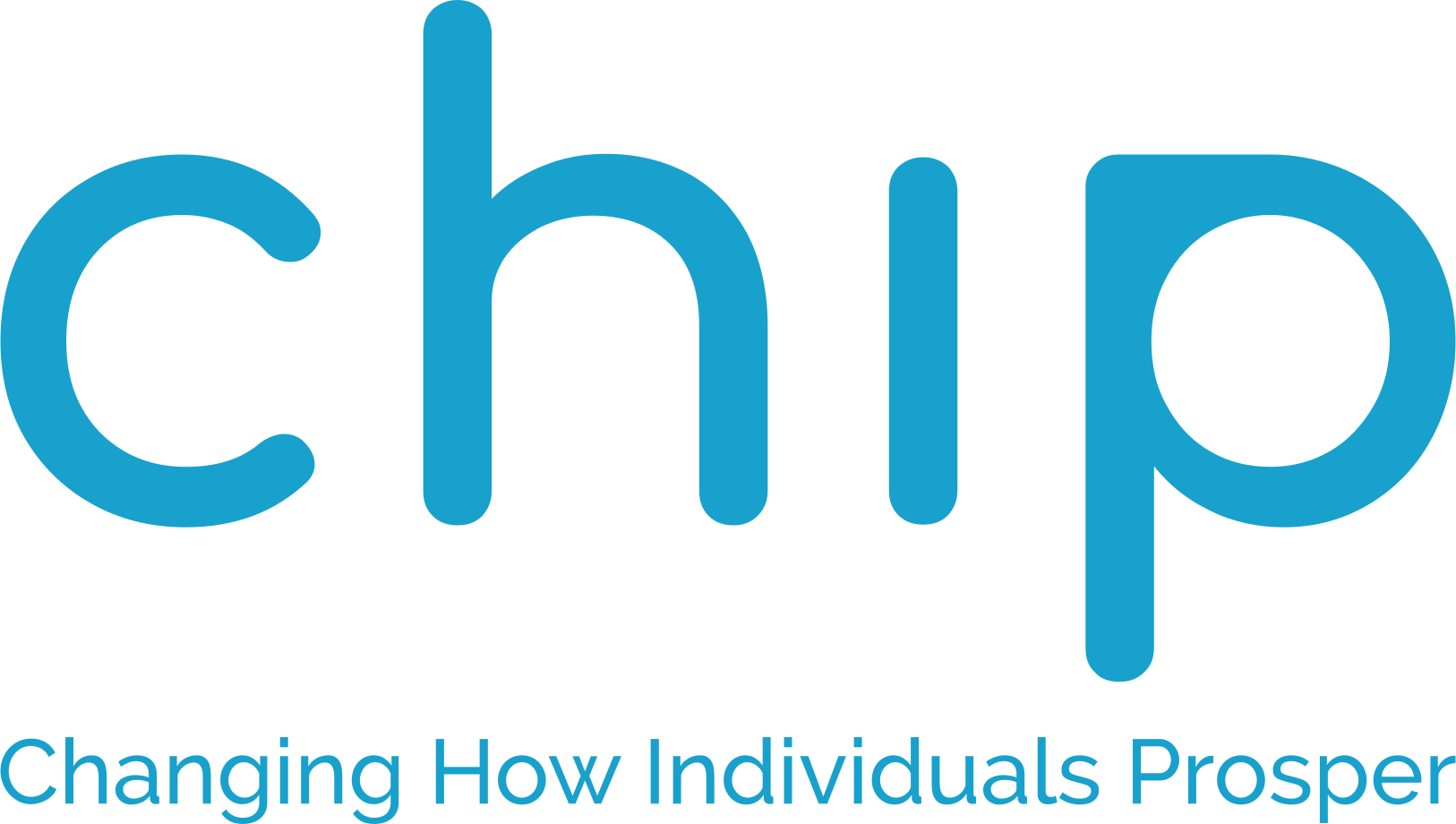Money isn’t just about dollars and cents—it’s about the choices we make every day and the legacy we leave behind. The habits we cultivate around budgeting, saving, and investing can shape the financial futures of not just ourselves but also our families and communities. By being intentional with our financial routines, we have the power to create cycles of prosperity rather than hardship.
Building generational wealth isn’t just about accumulating assets; it’s about fostering habits that ensure long-term financial security. This guide explores powerful money habits, real-life examples of financial transformation, and actionable steps you can take to set the foundation for a lasting legacy.
What Are Money Habits and Why Do They Matter?
Money habits are the daily decisions and practices that shape our finances. These habits not only affect personal well-being but also influence how wealth is built, preserved, and passed down.
Generational wealth goes beyond handing down money. It includes assets like investments, property, and businesses, as well as financial knowledge and strong money habits. Intentionally fostering these practices can secure opportunities and create meaningful financial legacies.
Transformative Money Habits for Generational Wealth
Here are practical habits you can adopt to grow and preserve wealth for yourself and your family:
1. Understand Your Financial Picture
- What to Do: Evaluate your income, expenses, debts, and assets.
- Why It Matters: Having a clear understanding of your finances allows you to set realistic goals and identify areas for improvement.
2. Set Up a Budget and Track Expenses
- Why It’s Important: A budget creates a solid foundation for financial decision-making.
- How to Start: Use tools or apps to track monthly expenses, categorize spending, and identify opportunities to save.
3. Build an Emergency Fund
- Why It Matters: An emergency fund protects you from unexpected financial shocks.
- Goal: Start small (e.g., $500), then aim for three to six months’ worth of expenses.
4. Put Savings on Autopilot
- Key Benefit: Automating savings ensures consistent contributions without relying on willpower.
- Tip: Set up automatic transfers to a savings account every payday.
5. Pay Down Debt
- Impact: Reduces financial strain and frees up funds for wealth-building activities.
- Strategies: Use the snowball method (paying off the smallest debts first) or the avalanche method (tackling high-interest debt first).
6. Pay Bills On Time or Early
- Why It’s Important: Builds strong credit and avoids late fees.
- Tip: Automate payments or set reminders to ensure consistency.
7. Live on Less Than You Earn
- Core Idea: Spending less than you make allows for greater savings and investments.
- How to Practice: Distinguish between needs and wants, and adopt mindful spending habits.
8. Save Early for Retirement
- Key Benefit: Compound interest allows your savings to grow over time.
- Starting Point: Contribute to an employer-sponsored retirement plan (like a 401(k)) or open an Individual Retirement Account (IRA).
Breaking Cycles of Financial Struggle
Financial struggles can feel overwhelming, but they aren’t insurmountable. Here’s how to break the cycle:
1. Overcoming Systemic Barriers
Economic inequality and limited access to resources often hinder financial growth. Advocating for financial literacy and equitable opportunities—especially in marginalized communities—can pave the way for change.
2. Changing Family Narratives Around Money
Cultural taboos around discussing money can lead to secrecy and financial mismanagement. Open conversations about income, expenses, and goals encourage shared responsibility and accountability.
3. Leveraging Community Support
Join saving clubs, mentorship circles, or financial education programs. Collaborative efforts create a network of support and shared growth.
Instilling Financial Values and Legacy
1. Teaching Responsibility
Equip younger generations with decision-making skills to handle financial challenges. Lead by example, involving children in age-appropriate financial discussions.
2. Creating a Clear Legacy
Document assets, set up wills, and openly discuss estate planning with family members. These steps ensure your legacy is well-organized and intentional.
3. Balancing Support with Independence
Support younger family members financially when necessary, but also guide them toward financial autonomy.
Cultural Perspectives on Money Management
1. Recognizing Cultural Influences
Different cultures approach money management in unique ways. For instance, practices such as susu (rotating savings clubs) highlight collaboration and community trust in financial planning.
2. Tailoring Habits for Marginalized Communities
By addressing systemic wealth gaps, we can support historically disadvantaged groups through targeted mentorship, education, and community programs.
3. Empowering Women in Finance
Since women often lead household financial planning, promoting financial literacy among women can have widespread positive effects on families and communities.
Generational wealth doesn’t happen overnight. It starts with intentional habits—budgeting, saving, investing, and educating ourselves and younger generations. These small, daily actions create a ripple effect that can transform the financial health of individuals, families, and even entire communities.
Start your transformation today. Evaluate your financial picture, set clear goals, and involve your family in the process. Remember, as stories like Vivian Tu’s and Naseema McElroy’s show, financial transformation is achievable for anyone willing to take the first step. Create a financial legacy you’ll be proud to leave behind.
